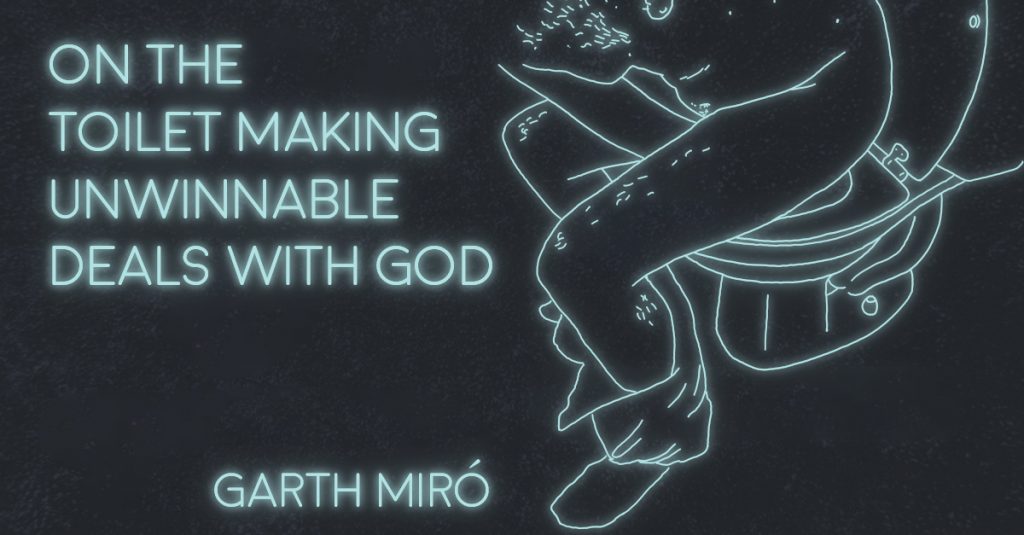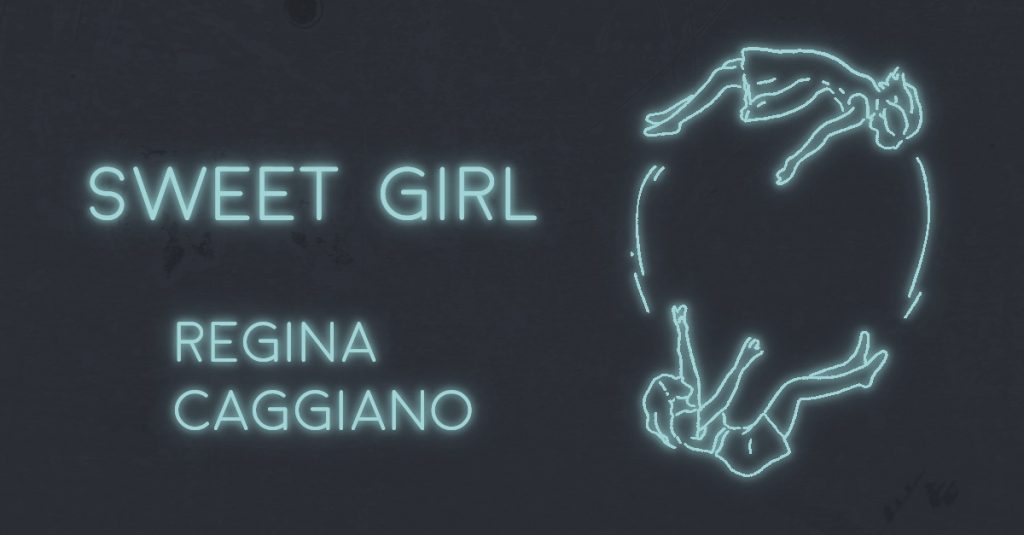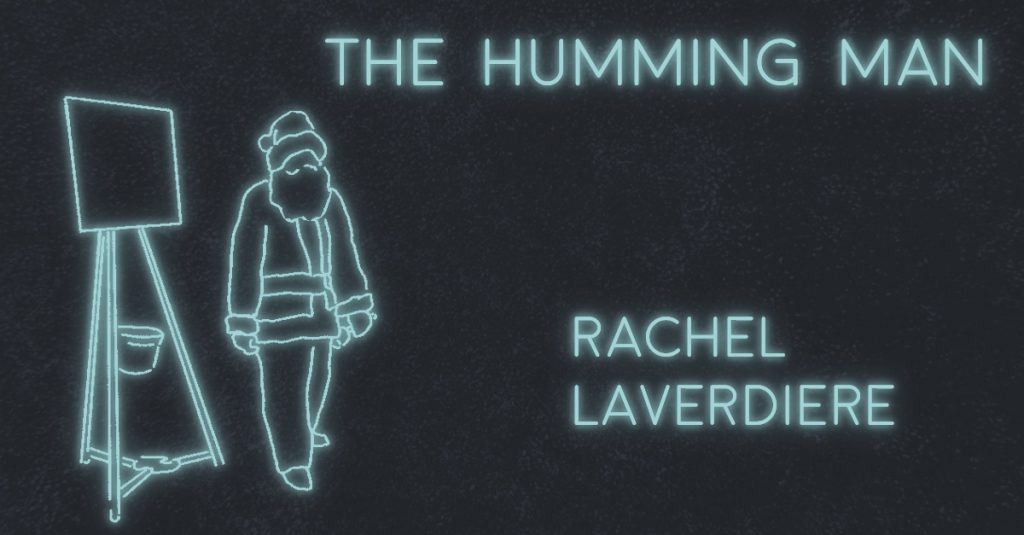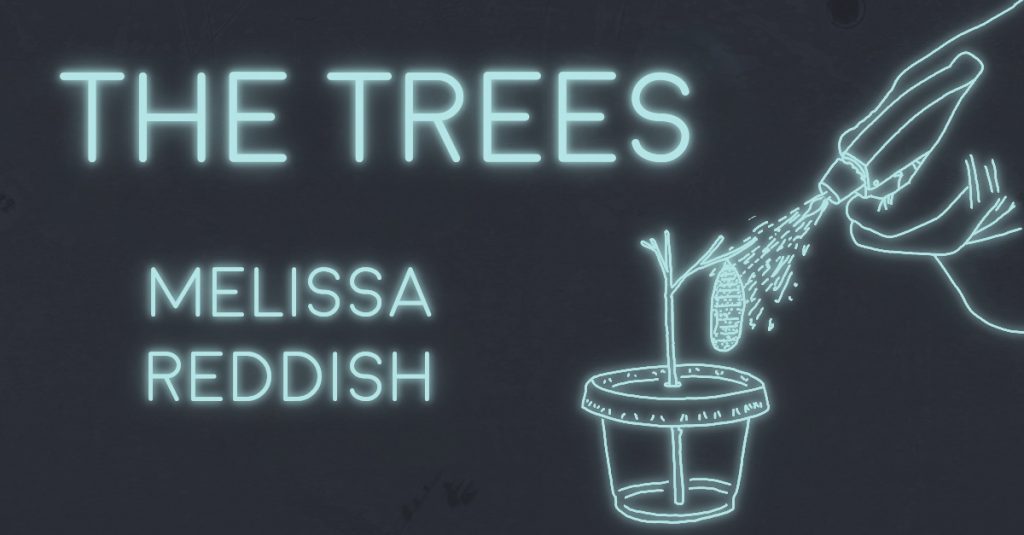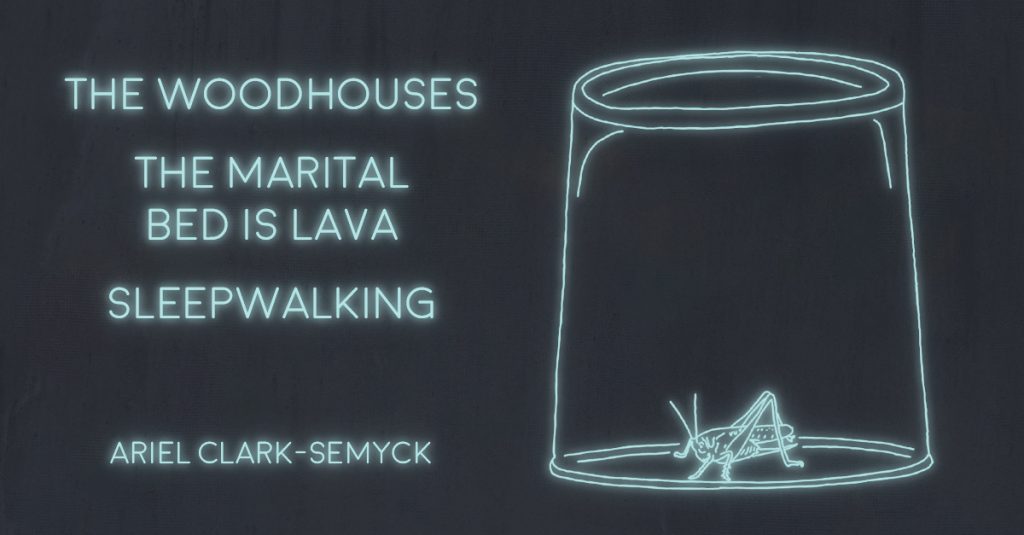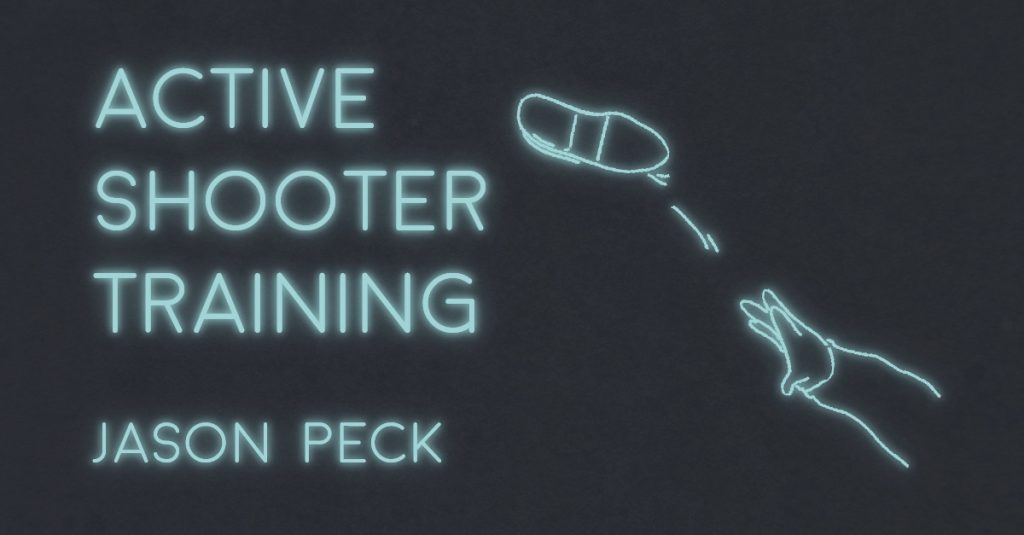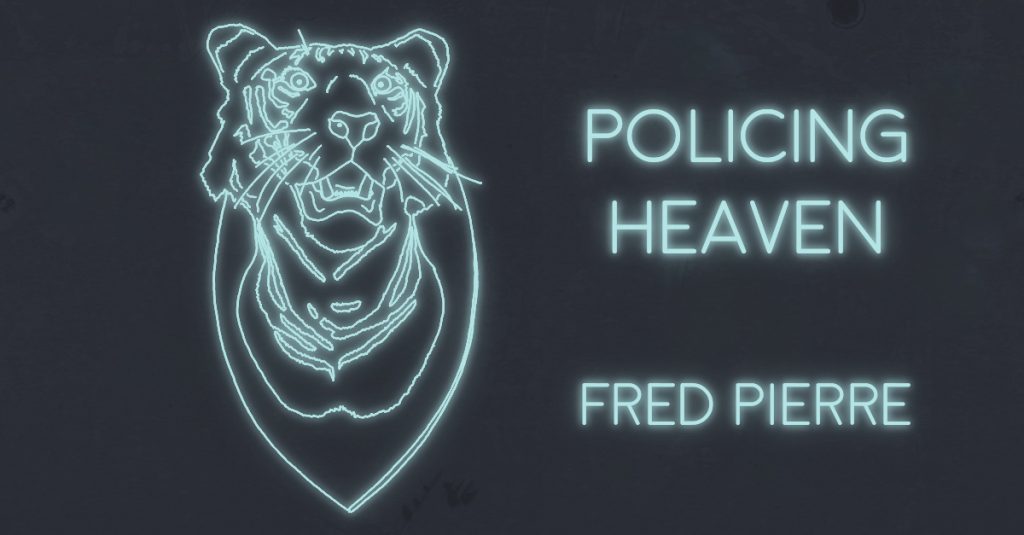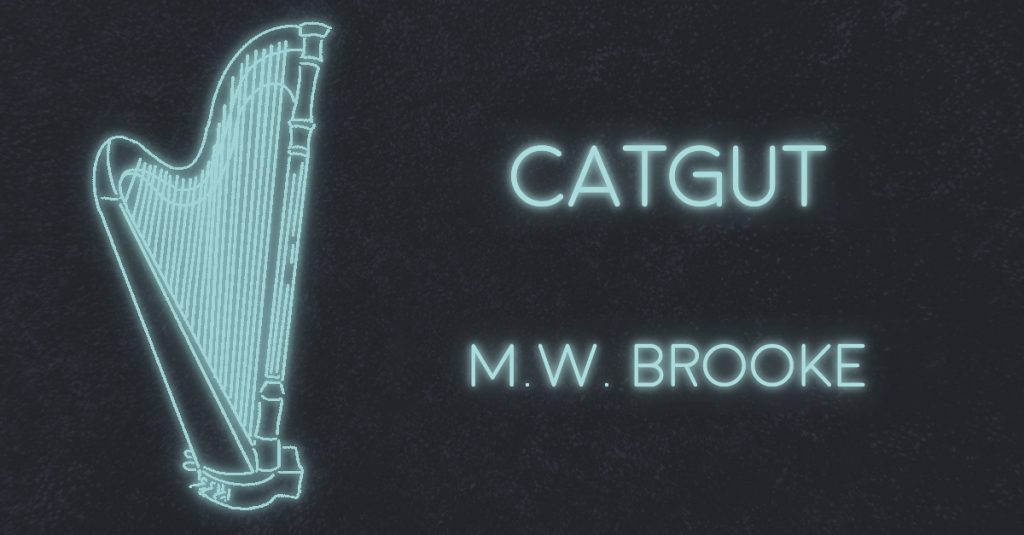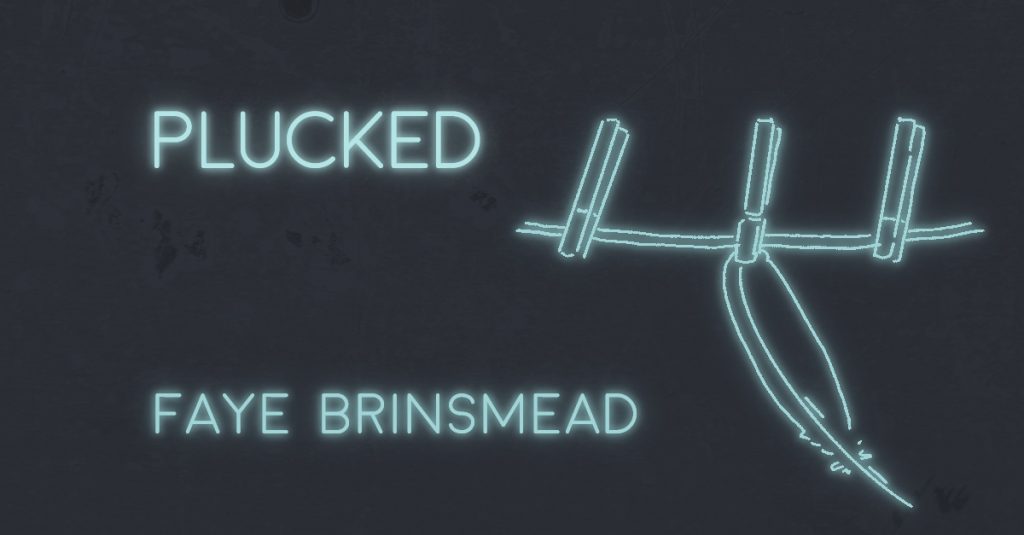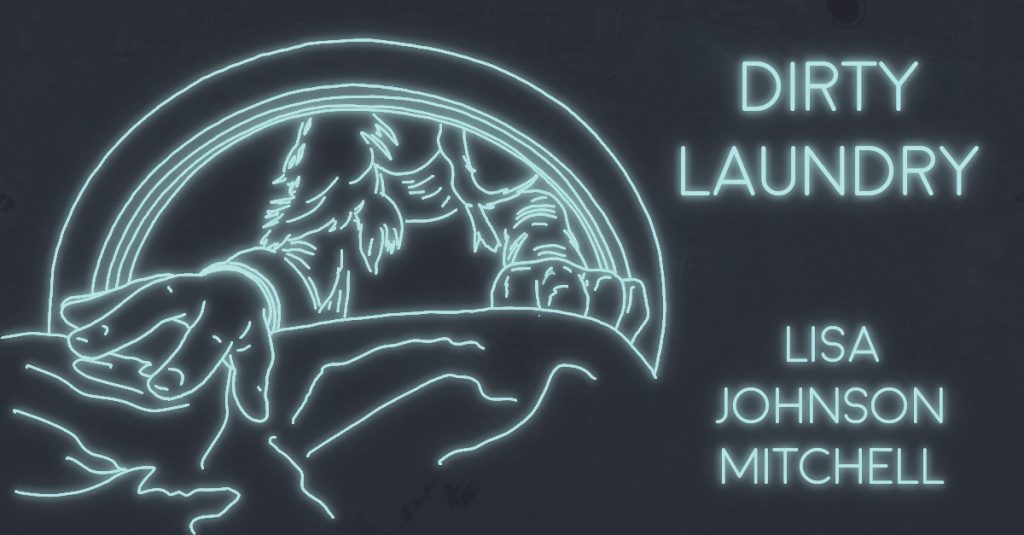We’ve attended such lessons before, briefings that point us to hiding places and escape routes, drills that teach us quick action and suspicion toward our coworkers. But this seminar is different. This is the best workplace shooter training this company has ever had. People who attended the first sessions this morning still recall them with awe on their coffee and smoke breaks.
Life-changing, they say. An eye-opener, they say. But mostly—very good.
We can already see their transformations. They walk straighter, talk bolder. Evelyn in accounting says she will hear the training again. Roberta from legal holds her calls in preparation. And Max from IT—a joker, typically—remains unusually silent. When it comes to Max and such matters….well, we must be sensitive. He knows firsthand of survival, and his past haunts him.
It’s not something I talk about, Max says, his head down. (He actually talks often of how little he likes to talk, but we remain polite).
Your life will be changed, Evelyn tells him.
Max nods. He very much wants his life to be changed.
The conference room is full for the final session. The speaker is not from the Marines or a SEAL like last year’s speaker. More than one of us finds his potbelly and unkempt moustache disappointing. But he is commanding and serious, even when making a joke. (You know how you prevent laugh lines? he asks. Don’t laugh.) We know he means business by the way he holds attention like a center of gravity, by the alertness in his eyes and the tension to his stance.
The speaker taps his microphone once, twice.
Surely you know about this shooting, the speaker says. In his right hand, he clicks a mouse that changes the image on his projector screen. We nod our heads—of course, we recognize this particular shooting. He clicks again to another shooting; this one we identify from the shopping mall where it occurred. This next one too, by its near-iconic Pulitzer photo. And so on with the next. And the one after that. Roberta wishes for a comforting hand on her shoulder. Max’s eyes dart toward the exits. Evelyn notes that the slides this afternoon show different shootings than the training this morning.
He keeps us on our toes, she whispers with approval.
There is only one person who can stop a workplace shooting, the speaker says. (His voice, a measured baritone, defies his unassuming figure.) The police are too slow to help you, he says. Security is incapable. And yet you would rely on those people, would you not? Even with the gunman upon you, you would assume the best, wouldn’t you?
Max laughs once, loudly enough that our eyes turn to him. The instructor raises an eyebrow and addresses Max directly.
And with the gunman directly above you, you would sit there immobile, wouldn’t you? The instructor asks. You, with no clue how to react. Even with a gun in your face, you would sit there like a coward and accept your fate?
Max raises his hand in objection. Then he coughs and lowers it.
No more police, the instructor says to gasps. No more security guards. From here on, only one person can save you.
He gathers his breath and points and Roberta swears that he points at her, and Max swears he points at him, but Evelyn, who attended earlier, smiles because of course he points to us all.
You, the speaker says. You are the only person who can stop your shooter.
He enunciates the word with gravity like a revelation. Perhaps it is. Roberta’s heart swells with sudden responsibility. Max brings his hand to his stomach, where a new sensation begins stirring.
Your shoe can be used as a weapon, the speaker continues. The human eyes are weak points. Throw your shoes at his eyes. He sees someone in management drinking coffee from a Styrofoam cup, nods his approval (the instructor himself drinks coffee). Your coffee too can be thrown at the gunman’s eyes, the instructor says. Once something has been thrown at his eyes, he can be distracted. Once distracted, he can be subdued. But fight only when you cannot flee. This is most important.
He walks to Roberta and kneels to face her, armed with his authority.
You are walking toward the elevator, he says. A man enters the front door with a gun. What action do you take?
I will throw my shoe at him, Roberta says. But hesitation makes it sound like a question instead.
No, the instructor says. He points his finger at her head, cocks it with his other hand. Bang, you are dead, he says. You have the opportunity to flee, thus fighting back is the invalid response.
This stings Roberta. The speaker approaches Evelyn.
You are by the printer, he says. Not more than ten feet away, the perpetrator opens fire. What do you do?
I don’t know. Evelyn says with a wink. (She knows the answer, but plays along) I will grab my coffee and throw it at him? And then subdue him? She grabs her cane, hoists it overhead like a weapon.
No, the instructor says. Bang, you are dead. In this scenario, the nearest secured room is fifty feet away, a dash of mere seconds. You could run and barricade yourself, rather than fight.
The instructor stands again, and some force everyone can sense brings him to Max at the far corner of the room. Maybe it’s because of their earlier confrontation, maybe he senses the way Max avoids his gaze, fleeing from challenge. Maybe our host can look into his individual audience and see something in need of resolution. The instructor kneels to face Max, and we know nothing can stop this collision, this moment of truth.
You are working at your desk, the instructor says to Max. A man starts shooting. Two cubicles over, perhaps—in the moment you cannot be sure. Soon he will reach you.
I should have thrown my shoe, Max says, almost to himself. I should have thrown my coffee. All those years ago, I did not act. I accepted my fate.
It’s OK, Evelyn says. Her hand rests on his shoulder, comforting him.
No it is not OK, the instructor barks, without pity. That was then. This is now. In crisis, you have no time to decide.
Max finally looks up from his lap and faces the instructor with a resolve we have never seen. He gulps and draws himself to his full height, the true leader now, and we know we will soon witness the measure of a man.
What do you do? The instructor repeats.
This time, I will fight this shooter, Max says.
The instructor points his finger to Max’s head, slaps the bottom with his other hand as though reloading an automatic. But that finger rocks back and forth, unsteady. Max takes a breath.
I will throw my shoe, Max says. I will throw my coffee.
Your final answer? The instructor asks.
I will no longer be frightened, Max says. My stapler could stun him. The loose pages of my reports would distract him. He takes a deep breath. I swear I will find something I can throw.
The instructor nods, and his hand slowly turns to a thumbs-up.
Correct, the instructor says. Unlike these other two people, you could not run. With no choice, your attack is therefore valid. You live.
The host will continue speaking. He will play more videos. Many more things can be thrown at the gunman—did we know the chemicals of a fire extinguisher can blind? That a loud noise can distract? Our lives hinge on details we never imagined. Those who fail today’s tests will understand why they would die, those who pass will grasp their survival. Through him, we will learn structure out of chaos, the predictable patterns of a gunman’s mind, the natural progression of a crisis. The host clicks his mouse and another image flashes, and we wait for his words to flow again.
